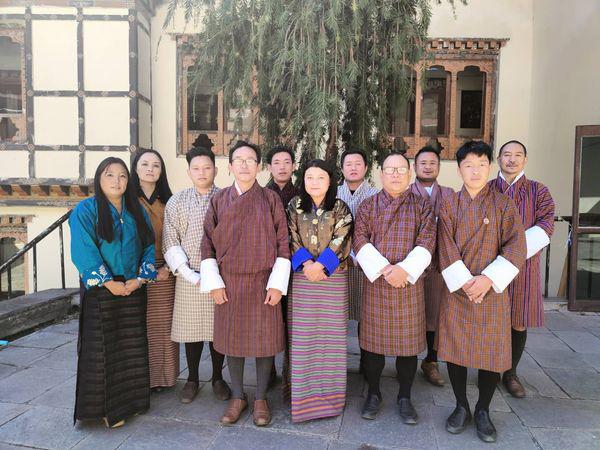Three Days Training On Invasive Alien Plant Species (IAPs) Identification, Management and Mapping

Three days training on Invasive Alien Plant Species (IAPs) Identification, Management and Mapping was conducted at Tarayana Conference Hall in Thimphu from 3rd to 5th November, 2021. The training was aimed at equipping the Programme and Field Officers with knowledge and skills in identifying Invasive Alien Plants, managing them, and spatially mapping the distribution in the Southwestern region of the country.
The first half day of the training covered on basic mapping of the IAPs using ArcGIS, for example, the IAPs cover percent, dominant species within given Gewogs, frequency of IAPs occurrence etc. On the second day, some commonly known IAPs were modelled using the Maximum Entropy based model called MaxEnt for spatial prediction of invasion. Participants learnt how to use IAPs occurrence data and climatic/environmental data for model calibration, and model output interpretation. On the third day, participants were introduced to techniques of identifying IAPs using dichotomous artificial/taxonomic keys and online applications (software) such as PlantNet and iNaturalist. Some fundamental methods were also highlighted on managing the IAPs from prevention to control, such as manual, mechanistic, biological and chemical techniques. The socioeconomic assessment approaches, used to gather farmers’ perception on the IAPs invasion, traditional methods of managing and the impacts of the IAPs were also introduced.
The training on Geospatial Mapping and Prediction Modelling of Invasion by IAPs was facilitated by Dr. Ugyen Thinley (PhD), IAPs characteristics, identification keys and management characteristics by Dr. Dhan Bdr. Gurung (PhD) and Socioeconomic Assessment on IAPS through farmer’s perceptions by Dr. Thubten Sonam (PhD), from College of Natural Resources under the Royal University of Bhutan.
This is under the project “Living Landscapes: Securing High Conservation Values (HCVs) in the Southwestern Bhutan,” an eight-year project implemented by WWF Bhutan and Tarayana Foundation in partnership with the Royal Government of Bhutan through the Department of Forests and Park Services and National Land Commission Secretariat. It is part of the International Climate Initiative (IKI). The Federal Ministry for the Environment, Nature Conservation and Nuclear Safety (BMU) supports this initiative based on a decision adopted by the German Bundestag.
Vision
A Happy And Prosperous Bhutan
Mission
To Help The Vulnerable One
Motto
Service From The Heart
Core Values
Compassion, Dignity, And Integrity
